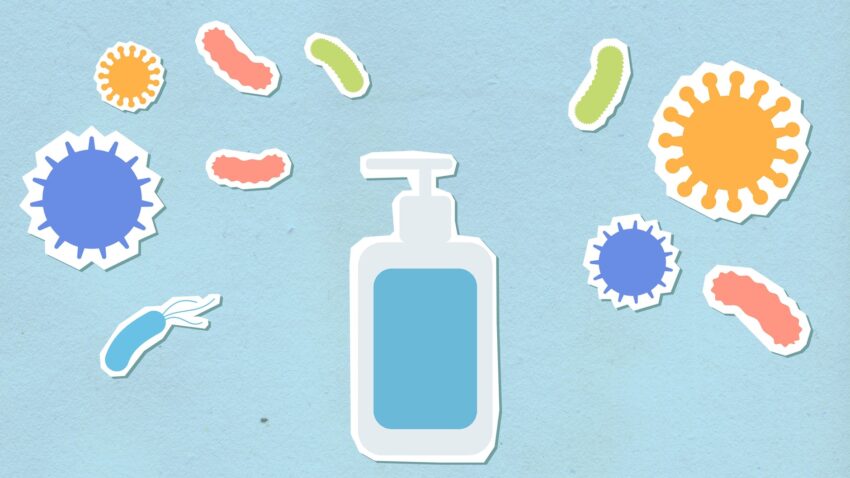Psychedelic substances such as LSD, magic mushrooms (psilocybin), and DMT can lead to profound experiences that alter an individual’s perception, thoughts, and feelings. Recently, a growing body of evidence suggests that these substances, when used responsibly, can even offer various therapeutic benefits. However, to capitalise on their potential and mitigate risks, users ought to understand the importance of harm reduction, safe psychedelic practices, and responsible psychedelic use.
One of the central tenets of a responsible approach towards psychedelics is education. Before delving into the psychedelic realm, it is crucial for potential users to understand the substances they’re considering – their effects, appropriate doses, potential risks, and more. That’s where resources on psychedelic education prove indispensable.
The aspect of psychedelic dosage cannot be overstated. With substances like LSD and psilocybin, the dose is directly linked to the intensity and duration of the experience raised exponentially. A person’s physical features, mental state, and personal tolerance also significantly impact the intensity and overall trajectory of the experience, making it all the more important to start with small doses before gradually increasing the amount if necessary.
An often overlooked element of psychedelic harm prevention is the setting — the environment in which these substances are taken. Multiple studies reveal that the setting can significantly shape the experience, for better or worse. It is advisable to ensure a calm, supportive environment that the user is familiar with and where potential disturbances are minimized. The presence of a sober, trustworthy person who can guide the user through the experience, often called a ‘trip sitter,’ is highly recommended.
Safe psychedelic practices also include being mindful of the potential interactions with other substances. Whether it’s alcohol, prescription medications, or other illegal drugs, the combination can enhance effects or lead to unintended and potentially risky consequences. Remember, due diligence and plentiful research are requisite steps for any responsible psychedelic use.
Furthermore, the integration of the psychedelic experience plays a crucial role in harm reduction. Individuals often report profound insights or potentially challenging experiences under the influence of psychedelics. Without appropriate integration, these experiences could be bewildering or even psychologically damaging in some cases. Integration typically involves discussing one’s experience with a confidante or a mental health professional, helping to make better sense of it and incorporate newfound insights into their daily life.
Lastly, embracing honesty about one’s mental well-being is an essential aspect of safe practices. Psychedelics can exacerbate underlying mental health conditions like depression, anxiety, schizophrenia, or bipolar disorder. It is crucial to consult a healthcare professional about any planned usage if you have a history of such conditions.
As the understanding and acceptance of psychedelics evolve in our society, so, too, must our approach to their safe and responsible use. Adequate preparation, appropriate dosage, optimum setting, cautious mixing, thorough integration, and attentive mental health considerations are the stepping stones to a safer psychedelic journey. By promoting psychedelic harm prevention knowledge, we can embark on these inner explorations more responsibly and derive maximum potential wisdom for our lives.
Nevertheless, substances like LSD, psilocybin, and DMT are potent psychoactive substances capable of triggering intense experiences. While they can offer potential benefits, they must always be treated with the utmost respect and caution. Learning about their safe and responsible use forms an essential component of any psychedelic journey, as it equips us to maximize their positive aspects while minimizing potential risks and negative outcomes.
To truly harness the power of these potent instruments of the mind, we must step forward into an era of widespread and comprehensive harm reduction education and open, honest discourse about how to use psychedelics safely and responsibly. In the process, we can create a future where psychedelics are seen not as supernatural substances or taboo narcotics but as valuable tools for personal growth and understanding.
Sources:
1. MAPS – Responding to Difficult Psychedelic Experiences
2. Harm Reduction Journal – Integration, Education, and Communication
